VA Business Magazine Names Scot McRoberts of VA Council of CEOs a “Top 100 Persons to Meet in 2022”
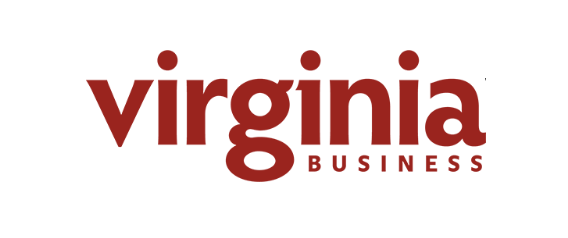
Richmond, Virginia: The Virginia Council of CEOs (VACEOs), a nonprofit association serving more than 240 small and mid-sized business owners, announced today that its Executive Director, Scot McRoberts, has been named a “Top 100 Person to Meet in 2022” by VA Business Magazine.
This annual list is an introduction to a variety of innovative, impactful businesspeople and trendsetters whom the magazine feels are worth getting to know.
McRoberts was awarded the “Top 100” distinction because he is a “go-getter” — setting his sights for statewide expansion beyond Central Virginia, with hopes of doubling the organization’s size in five years.
We know McRoberts as a true connector, bringing CEOs of small and mid-sized businesses together to form peer roundtables.
“We started in Richmond more than 20 years ago and are finally living into our name and serving more of Virginia,” says McRoberts. “We have CEO Roundtables in Richmond and Charlottesville, and have recently launched our first Roanoke group. We have significant interest from Bristol and in northern Virginia. Tidewater is on our horizon within a year or so,” he adds.
CEO Peer Roundtables Help Business Owners Improve Leadership Skills and More
A VACEOs peer roundtable follows a structured protocol where advice is not given, rather, experiences are shared in a no-judgement setting. The peer roundtables ultimately help business owners to be more confident decision makers and to better manage their business and personal issues, challenges, and opportunities. In short, the Roundtable experience results in improved CEO performance and leadership.
McRoberts knows first-hand how powerful a peer group can be. “I am actually in two peer roundtables. I find the same value that our small business CEOs do – peers to turn to for perspective, experience and peace of mind.”
Congratulations to all of this year’s “People to Meet” winners! For a complete list, read VA Business Magazine “Top 100 Persons to Meet in 2022” issue.
(Video) 2021 November Report: The State of VACEOs
Listen in a Scot McRoberts, Executive Director of VA Council of CEOs, shares exciting news about the organization’s plans for 2022.
Says McRoberts, “2021 has been a fantastic year for our community. We’ve grown in remarkable ways. The roundtables and forums are all back to meeting in person. We had a joyful return to in-person events with our inaugural Fall Leaders Conference in Virginia Beach.
We’ve got fantastic speakers planned for our Spring Retreat in ’22 in Virginia Beach, and then our Fall Leaders Conference in Roanoke next fall. Really excited about those events and a number of smaller events where we’ll bring in the experts that you need both in-person and virtually.
We also launched a new roundtable in Roanoke, our first one, got another
one coming close behind that. So our network is expanding.
There’s really never been a better time to be a member of the Virginia Council of CEOs Community. Let’s go forward together!”
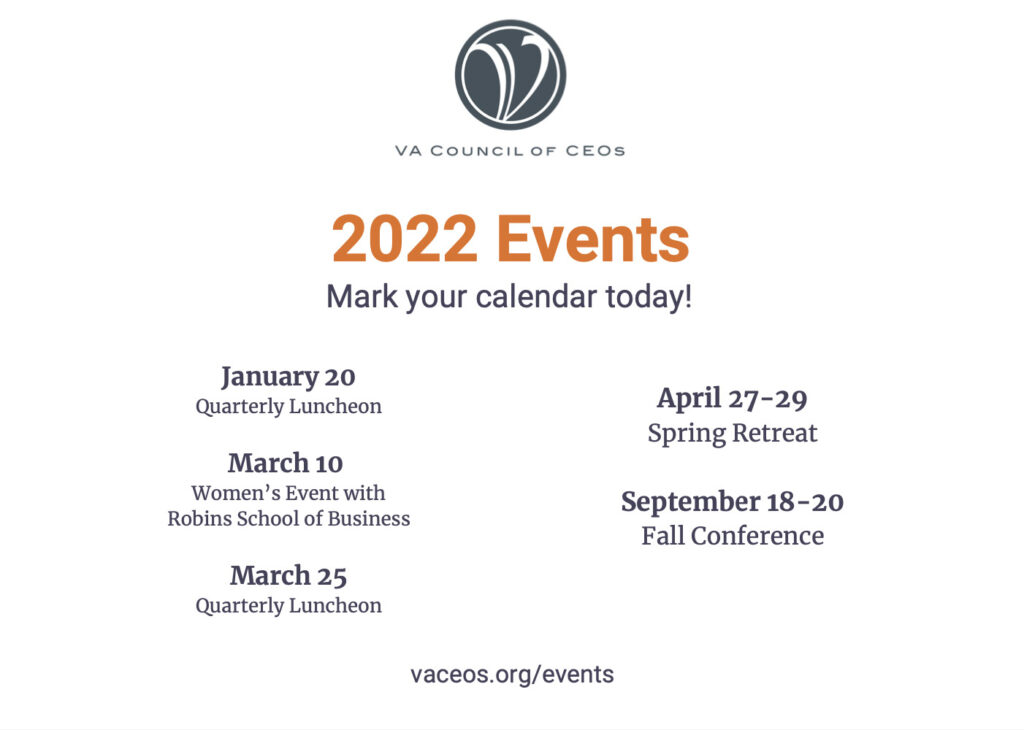
VA Council of CEOs Expands into Roanoke Market

Nonprofit establishes first CEO peer roundtable in the Roanoke Valley; anticipates a second to be formed in the region in the very near future.
FOR IMMEDIATE RELEASE
November 10, 2021
Richmond, Virginia: The Virginia Council of CEOs (VACEOs), a nonprofit association serving more than 240 small and mid-sized business owners, announced today that the organization has launched its first CEO peer roundtable in the Roanoke, Virginia market. The organization expects to form a second peer group in the Roanoke area shortly.
Formed in Richmond in 2000, the organization was once primarily Richmond and Charlottesville focused. This news comes just short of one year since the VA Council of CEOs announced its plan to expand statewide. It is welcome news for many CEOs who run a small and mid-sized business in the area and who seek the benefits and value of membership in a peer group.
“We are beginning to make great strides towards our mission to connect CEOs for learning and growth across Virginia”, said Scot McRoberts, Executive Director, VA Council of CEOs. Adding, “This is an important milestone and I hope a watershed moment for future expansion in Southwest Virginia.”
VACEOs Roundtables Help Business Owners Improve Leadership Skills and More
The most powerful way CEOs connect within the Council is through a confidential peer roundtable group, made up of CEOs or business owners of non-competing companies. The minimum threshold for membership is $1M in annual revenue and five or more full-time equivalent employees. There is no cap in either category.
A VACEOs roundtable follows a structured protocol where advice is not given, rather, experiences are shared in a no-judgement setting. The peer roundtables ultimately help business owners to be more confident decision makers and to better manage their business and personal issues, challenges, and opportunities. In short, the Roundtable experience results in improved CEO performance and leadership.
“The peer-to-peer roundtable experience gives you a place to share personal and professional challenges with other business owners who understand your pressures. It’s a safe haven. And, it’s a pretty powerful thing.”
Arlene Lee, CEO, Lee Construction Group and member of the Council (Charlottesville).
“We are excited to be able to bring the VA Council of CEOs peer Roundtable experience to the Roanoke and New River Valleys”, says Keith Hartman, Regional Executive for the Virginia Council of CEOs. “Participation in a peer Roundtable can positively impact the entire spectrum of a CEO’s realm of influence. The insight gained from the variety of different perspectives represented in a peer Roundtable can be game-changing”.
Hartman joined the Council in January of 2021. His main responsibility is to assist with the nonprofit’s membership growth within the southwest region of the Commonwealth. Small and mid-sized business owners interested in learning more about the benefits of a peer group or in additional information about the Council can reach him directly at keith@vaceos.org.
VACEOs Member Tops RVA 25 Fastest-Companies List for 2021
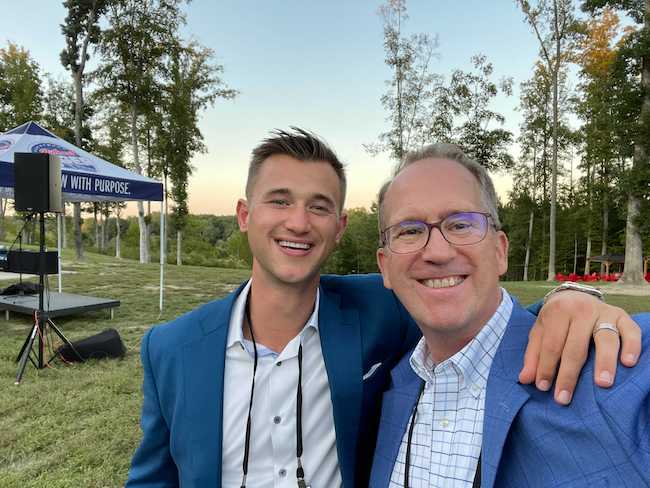
(Pictured Left to Right: Glenn Diersen Jr of Summit Human Capital and Scot McRoberts of VACEOs at RVA 25 event)
The VA Council of CEOs (VACEOs) community is made up of leaders from some of the fastest-growing businesses in Richmond, Virginia. In fact, 36% of “The RVA 25: Richmond’s fastest-growing companies for 2021” are members of VACEOs.
Topping the list? VACEOs Member Glenn Diersen Jr of Summit Human Capital with an astonishing growth rate of 2,489%.
To these ALL these leaders, we say congratulations, and well done!
VACEOs Members Making RVA 25 (2021)
| Rank | Member | Company | Growth | Industry |
| 1 | Glenn Diersen Jr | Summit Human Capital | 2,489% | Information Technology Services & Solutions |
| 3 | Jock Wheeler | Old Dominion Mechanical | 144% | HVAC, Plumbing and Electrical |
| 7 | Chuck McBride | Forsyte IT Solutions | 66% | Technology Consulting |
| 11 | Justin Etheredge | Simple Thread | 39% | Software Consulting |
| 13 | Tracee Mathes | Swig Life | 33% | Premium Insulated Drinkware and Coolers |
| 14 | Eric Ellington | Glen Allen Grounds Management | 31% | Landscapes, Hardscape, Grounds Maintenance |
| 15 | Sonny Gupta | Daybreak IT Solutions | 31% | IT Recruitment, Consulting, & Training |
| 16 | Eddie O’Leary | Colab Multimedia | 30% | Website Development |
| 24 | David Fratkin | Dominion Payroll Services | 14% | Payroll Services and Product Solutions |
A Call to Serve Virginia’s Autism Community, at Home
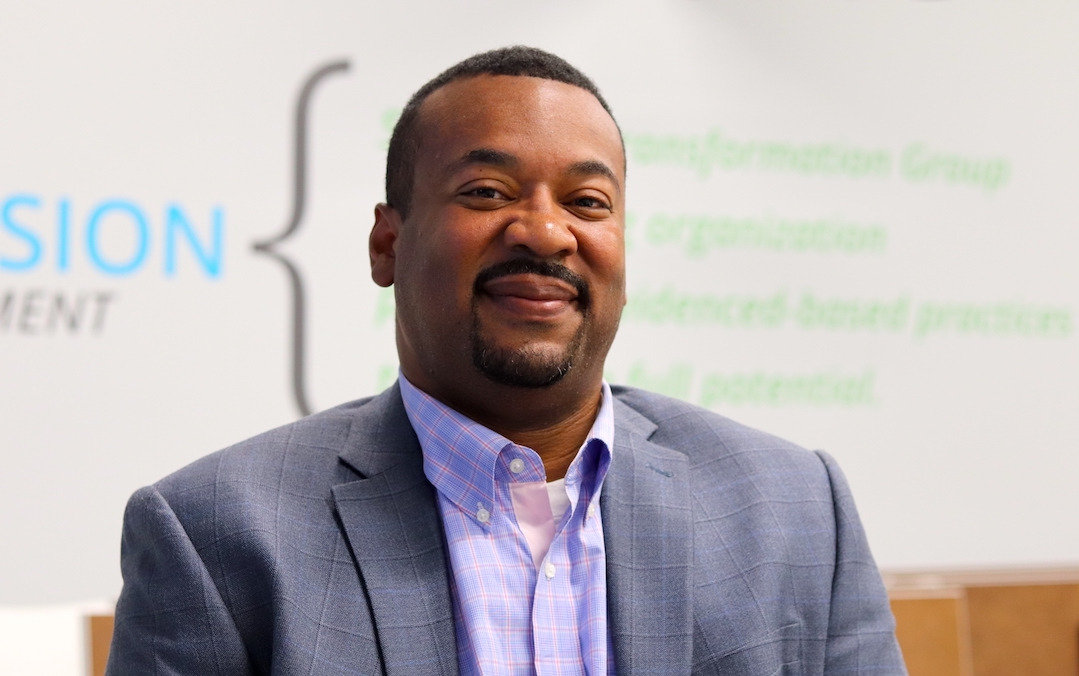
“I’m a kid that grew up in the north side of Richmond, one of the toughest parts of Richmond when I was growing up,” says Dr. Cedric Moore. “And it was my community, which helped shape me, to help me become who I am today and who I continue to try to aspire to be.”
Moore has risen far indeed. He is now the CEO of Spectrum Transformation Group, the first organization licensed in Virginia as an intensive outpatient Applied Behavior Analysis (ABA) service. Also a member of the Virginia Council of CEOs, Moore is supported by a local roundtable group as he implements his strategic plan for Spectrum and navigates various business challenges, including the pandemic.

Listen in as Moore talks about his business, social work, challenges facing minority business leaders, and his new-found home a VA Council of CEOs (Captions available)
Moore’s journey out of the city led to a bachelor’s degree in Social Work from Eastern Mennonite University, an MBA, and later a doctorate in strategic leadership from Regent University. He then returned to Richmond and launched Spectrum in 2010. Still, he admits that before joining VACEOs, he sometimes felt unheard or unacknowledged when in a room of non-minority business leaders.
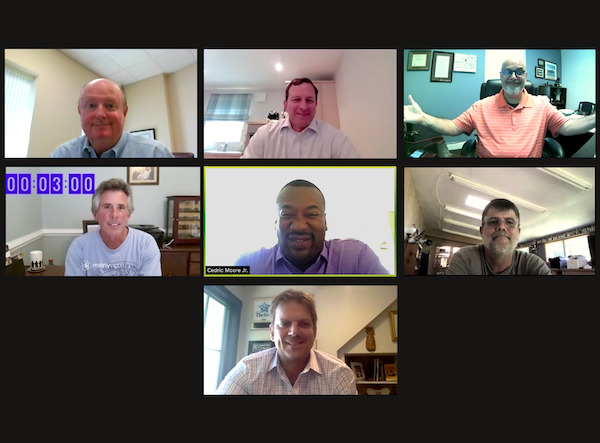
“There were times where, you know, I had to speak a little louder or there were individuals who wouldn’t call on me in a meeting,” he explains. “Those are some things that we face as minorities, even with a terminal degree.”
“I’m very aware sometimes that I’m invited to the table, but I’m not actually welcomed at the table,” he says. “But I understand now that I’m happy to embrace this role and be able to help other minorities, as well to get them a seat at the table. I’m fortunate enough to find the Virginia CEOs and be able to work with Scot [McRoberts, VACEOs executive director].”
“It’s an ability to not only to survive things like the pandemic but also to come out of the situation a lot better. So everyone is there to help each other. I’m so happy, so proud to be a part Roundtable 17. It’s just been great.”
Dr. Cedric Moore, CEO, Spectrum Transformation Group
He elaborates on his VACEOs roundtable peers, “these groups, I mean, they really care about you as a person and they care about your business. It’s an ability to not only survive things like the pandemic but also to come out of the situation a lot better. So everyone is there to help each other. I’m so happy, so proud to be a part Roundtable 17.”
Carrying the Banner for In-home Autism Services
How did Spectrum come to be? “I want to help people. That’s what we do, social work,” Moore explains. “My wife had a passion with autism and that was huge for us.”
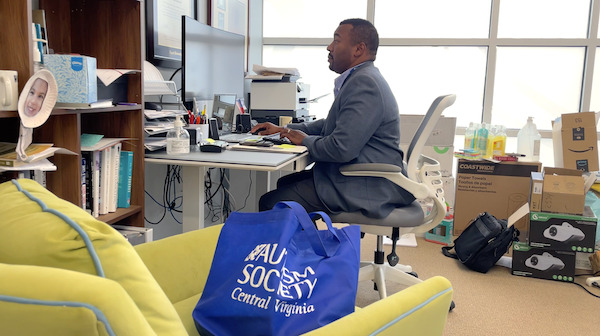
“We met with her mentor, psychology professor Donald Oswald, who is a guru on the East Coast within autism spectrum disorder services,” he says. “That drove us to provide services for a population at the time that there wasn’t much there other than educational services.”
At Spectrum, a team of 52 full-time employees—including psychologists, psychiatrists, behavior analysts and technicians, and speech and language pathologists—provides general mental health diagnoses and a variety of services, such as outpatient therapy.
“We are happy to carry a banner with being the first licensed program in the state to provide those services in the home,” says Moore.
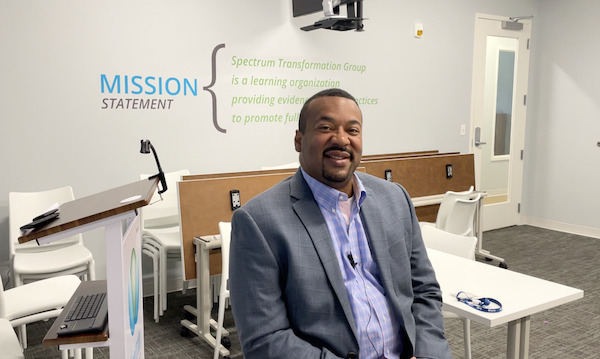
A Future of Service, Family, and Faith
Adapting to a pandemic was especially challenging for an organization whose clients rely on face-to-face interaction. “So going to a telehealth platform made it really difficult. Some of their attention spans are a lot shorter than their peers. Some of them can’t sit for a very long period of time,” explains Moore.
In response, the company redesigned and reconfigured offices, common areas, and therapy spaces to comply with CDC safety guidelines and enable in-person services. “Our ability to be able to pivot was definitely important as we continue to try to meet the needs of those that we serve,” says Moore.
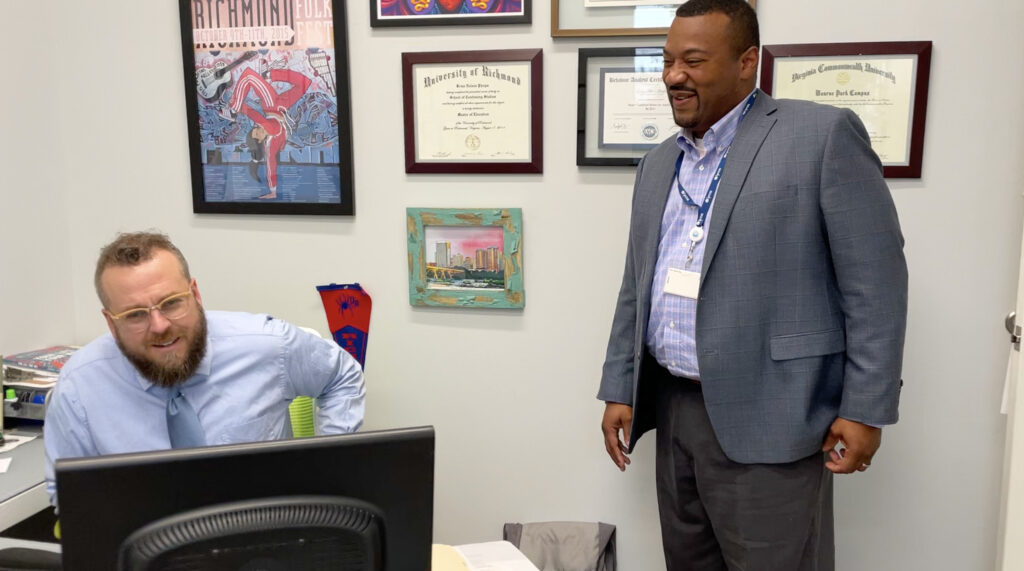
What’s next for Spectrum? The company is implementing phase three of its strategic plan and is bringing on psychiatrists and nurse practitioners. “It’s super exciting. It’s a new learning experience for me,” says Moore.
As important as Moore’s business goals, however, are his family and his faith. “I grew up with a single mom and my ability to be there for my children, it’s very important to me. My ability to be there for my wife is very important to me. And my ability to be able to serve God as best as I can is important to me. So every day I’m just trying to be better than what I was the day before.”

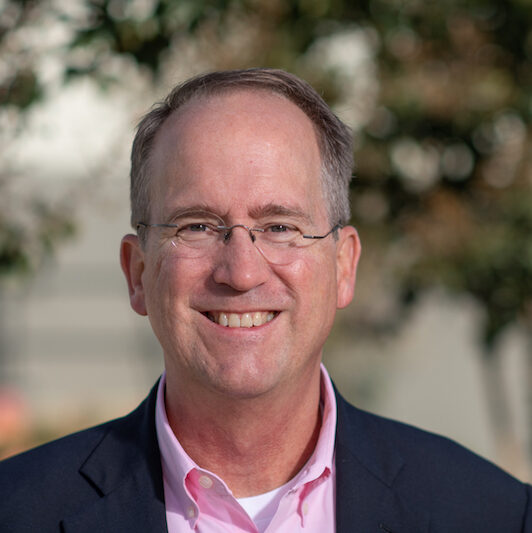

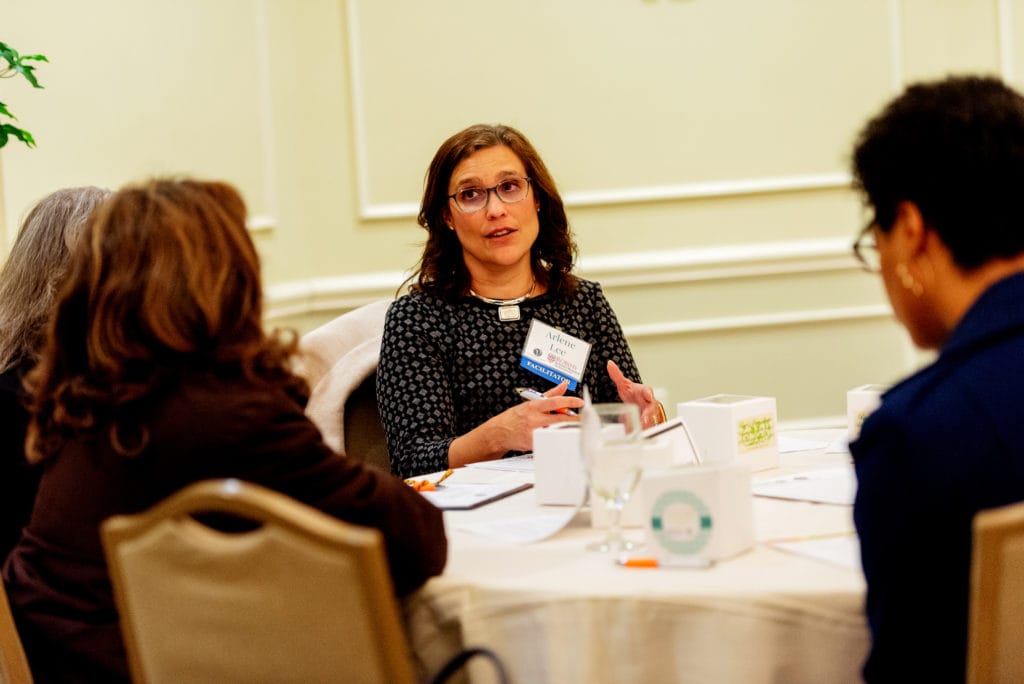
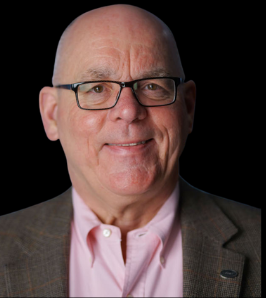
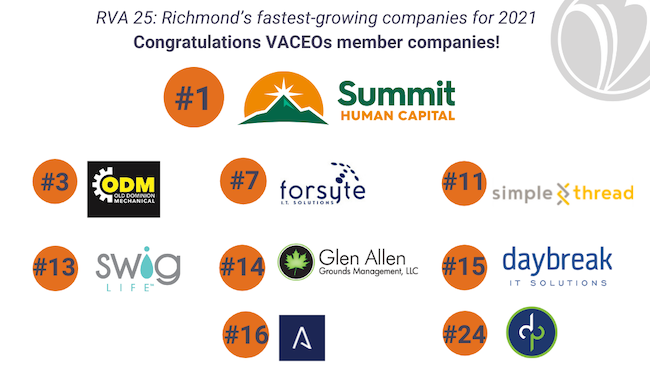
Recent Comments